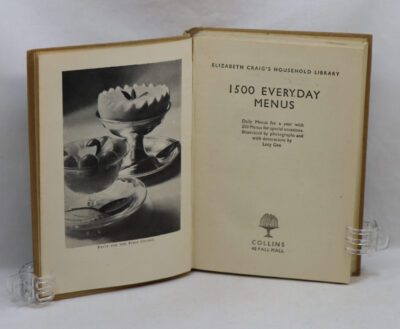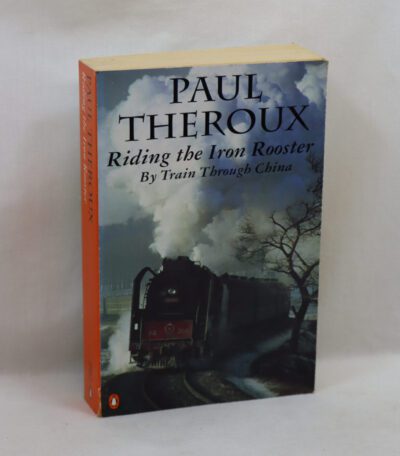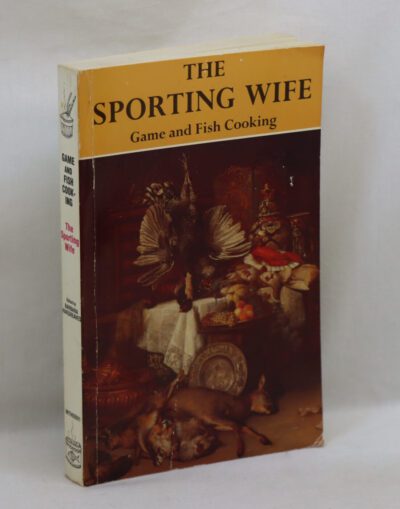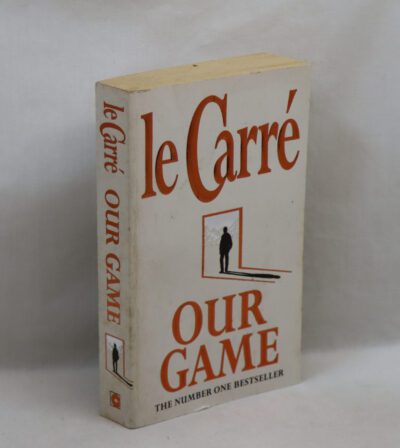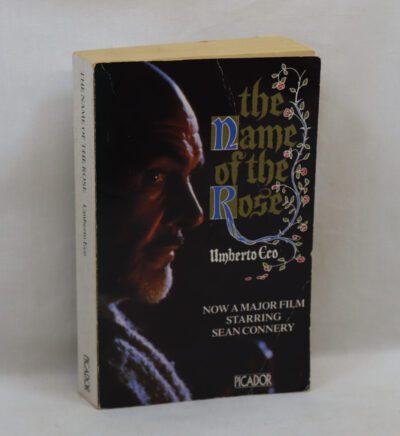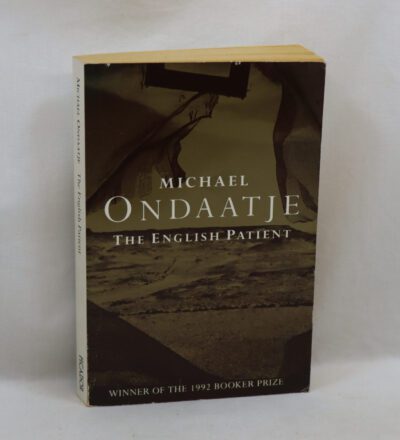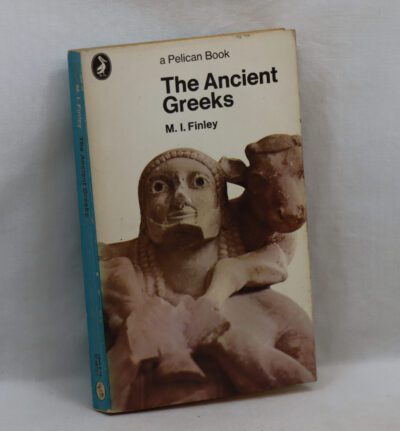A Hero of Our Time.
By Mikhail Lermontov
Printed: 1966
Publisher: Penquin Books.
| Dimensions | 13 × 20 × 1 cm |
|---|---|
| Language |
Language: English
Size (cminches): 13 x 20 x 1
Condition: Good (See explanation of ratings)
Item information
Description
Paperback. White title and portrait on the black and cream cover.
We provide an in-depth photographic presentation of this item to stimulate your feeling and touch. More traditional book descriptions are immediately available
- This used book has a £3 discount when collected from our shop
Please view the photographs to explore further details on this book.
A masterpiece of Russian prose, Lermontov’s only novel was influential for many later 19th century authors, including Tolstoy, Dostoyevsky, and Chekhov. Lermotov’s hero, Pechorin, is a dangerous man, Byronic in his wasted gifts and his cynicism, and desperate for any kind of action that will stave off boredom. In five linked episodes, Lermontov builds up a portrait of a man caught in and expressing the sickness of his times.
Reviews:
-
“Natasha Randall’s English, in her new translation, has exactly the right degree of loose velocity. . . . (Nabokov’s version, the best-known older translation, is a bit more demure than Randall’s, less savage.)” -James Wood, London Review of Books
-
“[A] smart, spirited new translation.” -The Boston Globe
-
“One of the most vivid and persuasive portraits of the male ego ever put down on paper.” -Neil LaBute, from the Foreword
-
Superb, 169 pages – read it in one sitting – a must read if you wish to understand the Russian and their nation’s influence on this part of the Asian expanse. Here from the Georgian heights one can view across the Black Sea to the Crimea where currently in 2014 political unrest mounts. The novel set in the 1830’s harvests the author’s experiences on the frontier lands of the Caucasus. Lermontov introduces his hero – Grigory Alexandrovich Pechorin. To be a hero you need to face danger: danger on the frontier. And there are other dangers – what about danger through a social cut; a duel, danger through a game of gambling? Lermontov’s hero threads a path through a dangerous web. Sometimes outcomes are written in the sky. Fate or perhaps a little manipulation may be of help. Research – 9/10 a feast of leads in geographical, political and world literature. On the periphery – the duel, Russian army, peoples of the Caucasus and the Rus’ an ancient people represented by the Belarusian, Ukrainian, and Russian peoples and their territories. Prose – 8/10 thrilling pace. Politics/History 7/10 Lermontov’s poem ‘Death of a Poet’ brought the author into opposition with Czar Nicholas 1. Restraint rules this novel – the Czar remained vitriolic. Danger – 10/10 a hero needs danger and the danger here provides at least 5 wows for me. Chase – 10/10 I could not put this book down which says a great deal for Natasha’s translation and the fact that as Natasha says: ‘his is a feat of narrative, a romping story about a dislikable man who captures your whole attention with his manifold contradictions.’ Humour/Poetry – loved Circassian Kasbich’s poem. A truly great book lures the reader back again and again. My research on the femme fatale and Balakirev’s composition on Princess Tamara -who lures travellers to her castle above the River Terek – led me to Lermontov. I was expectant, and wanted to read his description of the river site. In Lermontov’s text he rushes through the gorge: I will spare you from…. any description! Quel surprise! Damn a failed research lead I thought. Yet the text offered rich alternatives and danger. And so to the question posed at the start of the novel – how do I make my cart go faster? A leitmotif for the State perhaps? Well it’s not just the Russian who interferes, meddles and seeks advantage. It’s the outcome, after the manipulation that is important. Beware – the outcome is certain if you play Lermontov’s version of Russian roulette. Quel Danger! This book has secured a place in my library – I recommend this version of Lermontov’s ‘A Hero of our Time.’
Mikhail Lermontov was born in 1814 and made several journeys to the Caucasus before entering St Petersburg Guards’ school where he began writing poetry and autobiographical dramas in prose. He died in a duel in 1841. Influenced by Byron, he is renowned as Russia’s one true Romantic poet.
Paul Foote was, until his retirement, a University Lecturer in Russian and Fellow of Queen’s College, Oxford. He has translated works by Tolstoy and Saltykov-Shchedrin.
Want to know more about this item?

Related products
Share this Page with a friend


